Happy Inklings Day!
I do like it when serendipity means you book the world expert on the Inklings to speak to your writing group on the anniversary of the first meeting with C.S. Lewis and J.R.R. Tolkien (11th May 1926) - so happy Inklings Day, everyone, for yesterday!
C.S. Lewis
Tolkien
With this to live up to, in our fourth workshop, led by MG Harris and myself (Julia Golding), we looked at the tricky issue of how to get dialogue right. Literary dialogue is a compromise with real speech and often expected to do more than one job, including establishing character, developing plot, and evoking atmosphere. We confessed that experienced writers are just as in need of a reminder of the good ways to write dialogue and the importance of editing. As with Tolkien and his love of hobbit talk, we sometimes indulge our favourite characters to the detriment of our story.
There were three writing challenges to undertake but the most stimulating part of the evening was spending time with Professor Diana Pavlac Glyer, author of Bandersnatch, a book about C.S Lewis, J.R.R. Tolkien and the Creative Collaboration of the Inklings.
The Inklings met together twice a week for 17 years in Oxford, including the war years. One of the weekly meetings was a more chatty affair in a pub like the Eagle and Child, but the Thursday evenings, usually in C.S. Lewis’ rooms in Magdalen College, were for sharing their work in progress. How many of have wished we could be the fly on the wall to hear The Screwtape Letters or The Lord of the Rings being read aloud for the first time? Something clearly brought them together for the group to last that long. Friendship certainly, but it was not just a group of friends meeting for a drink. They sat and listened to each other - a sacrifice of time that must have mounted during their busy professional lives and extra war work. Out of this routine came two of the biggest fantasy worlds of all time (Narnia and Middle-earth), as well as the interesting contributions of other Inklings, such as Charles Williams and Owen Barfield. Even C.S. Lewis’s brother, Warnie, got the author bug and produced his own well-regarded histories of seventeenth century France.
There are many lessons to be drawn from that group for us today as we try to follow in their footsteps as fantasy writers. The breadth of what they discussed is impressive with more cross-fertilisation than anyone can trace. How, for example, did Charles Williams’ poetry about King Arthur and his scintillating images of ‘the region of the summer stars’ chime with Tolkien’s elves singing to their skies? They doubtless encouraged each other that it was fit and right to find consolation in a dark period in history in such things.
One thing I’ve drawn from the discussion yesterday is that writing dialogue is equally about the listener and not just the speaker. The actions that encourage or shut down speech are an important ingredient. Through decades of study, Diana has drawn many other lessons about the successes and the failures of the Inklings group and generously shared them with us. It was a shame we couldn’t all be sitting together in an Oxford college to discuss them together, but perhaps next year some of you will come to tread in the Inklings’ footsteps in person?
In 2022 we are organising three courses at Merton (Tolkien’s college) and Magdalen (Lewis’ college) to allow you to do just that, aimed at both those interested in the Inklings, as well as those who would like to spend a week on a creative course. Please see the events page for more details about venues and dates and register your interest via the contact form to be first in the booking queue.
If you’d like to join the next online course this autumn (six-weeks, once a week seminar plus individual tutorials), please register your interest on the contact form and we’ll add you to the list.




